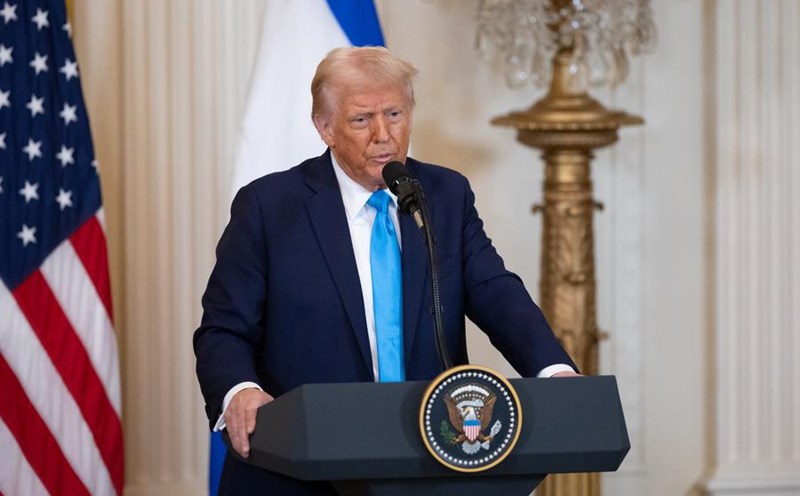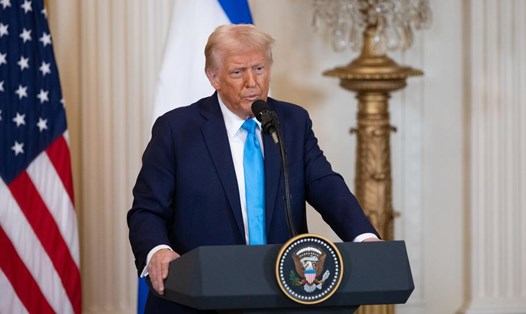RT reported that during a meeting with British Prime Minister Keir Starmer at the White House on February 27, US President Donald Trump said that the British military could shoulder the task of deploying peacekeeping forces in Ukraine in a potential peace deal with Russia when asked whether the US would be willing to support.
President Trump said London did not need much help and affirmed that he did not avoid this question. They can take care of themselves well. It sounds like I'm avoiding, but I'm not avoiding," Trump said.
Mr. Trump affirmed that the British army can take care of themselves and praise them as excellent soldiers with incredible military capabilities. He stressed that the US always supports the UK if needed, but according to Mr. London, this support will not be needed.
Speaking at the meeting, Mr. Starmer considered the US-UK relationship as the worlds greatest alliance on prosperity and security, and affirmed that the two countries always stand side by side when necessary.
After the meeting, Prime Minister Starmer said that the UK was ready to deploy ground forces and air forces to Ukraine to support a peace deal, closely coordinate with its allies, because, according to him, that was the only way to ensure long-term peace.
The meeting also came days after French President Emmanuel Macron's talks with Trump in Washington on ensuring security for Ukraine, but without any specific measures from the US side, RT reported.
On the side of the Russian government, Foreign Minister Sergei Lavrov said that the proposal to deploy foreign troops to Ukraine being pushed by Europe - especially France and the UK - only escalates the conflict and hinders all efforts to resolve the situation.
Moscow has repeatedly opposed the deployment of unlicensed peacekeeping forces, warning that if there is no UN resolution, they will be considered legitimate targets.
Mr. Lavrov noted that any discussion about peacekeeping forces is meaningless, and the current priority should be to resolve the core issues of the conflict, including Kiev's desire to join NATO and the ability to deploy Western military infrastructure near Russia's borders.







